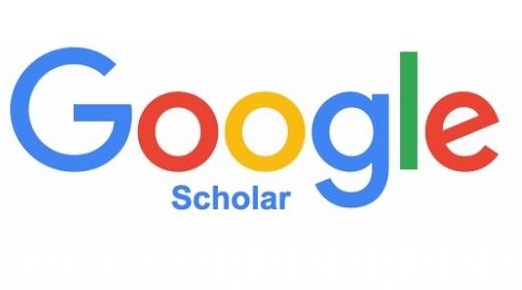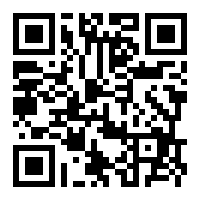ANALISIS DAN IMPLEMENTASI JARINGAN THIN CLIENT MENGGUNAKAN LINUX TERMINAL SERVER PROJECT PADA JARINGAN LAN
DOI:
https://doi.org/10.46880/mtk.v5i1.417Keywords:
LTSP, Server, Thin Client, UbuntuAbstract
The development of computer technology both in software and hardware is very fast. These two aspects are interrelated with each other and cannot be separated. LTSP, Linux Terminal Server Project is a project started by James A McQuillan as a diskless networking project based on the GNU/Linux operating system. Called a diskless network, because the client is not equipped with a hard disk. All application software and operating systems needed by the client computer are served and managed by the server computer. In this design, a laptop with an Intel processor is used as a server and a PC as a client. LTSP will be integrated into the Linux operating system ubuntu 16.04, and as a provider of diskless thin client service platforms is LTSP (Linux Terminal Server Project). With LTSP, the construction of a diskless network is expected to be more efficient. Diskless network technology is one solution that can be applied in dealing with the problem of investing in computer technology hardware with predetermined specifications.
References
. Andri Kristianto, “Jaringan Komputer”,Graha Ilmu, Jakarta 2003.
. http://;tsp.org/documentation/ltsp-4.1/ltsp-4.1.3-en.html
. http://arievaldano.wordpress.com/2011/10/02/mengenal-teknologi-thin-client network/
. http://www.bosimanurung.com.com
. James McQuillan, “LTSP – Linux Terminal Server Project – v4.1”
. Linux Terminal Server Project, URL : http://www.ltsp.org, (Oktober 2009)
. LTSP How To,URL: http//www.ubuntu.com, (Oktober 2009)
. Purbo, Onno W. 2006 .PC Cloning Windows pakai Linux LTSP. Penerbit Andi.Yogyakarta.
. Utdirartatmo, Firrar. 2004 .Clustering PC di Linux dengan OpenMosix dan ClusterKnoppix. Penerbit Andi. Yogyakarta.
. Wahan Komputer Profesional, “Konsep Jaringan Komputer dan Pengembangan”, Salemba Infotek, Jakarta 2003.
Downloads
Published
How to Cite
Issue
Section
License
Copyright (c) 2019 Methodika

This work is licensed under a Creative Commons Attribution 4.0 International License.











